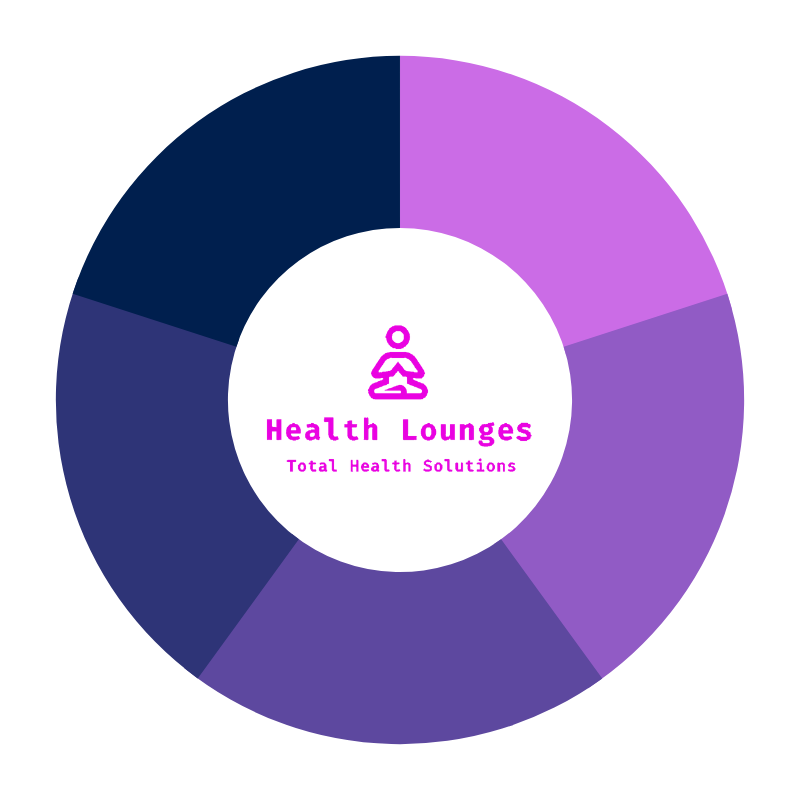Slow Down

If anyone tries to tell you that the pandemic hasn't made us all profoundly aware of our space (or lack thereof)... Ask them if they have a toddler.
We dare you.

This reporter deserves an Academy Award for keeping a straight face during this dance number on live TV.
The past two years haven't only changed our home lives and our public lives, too. Simple things like leaving the house and going out became stressful and complicated. Add political events into the mix, and we wouldn't blame you if you'd instead burrow your head into the sand than have to run through the mental gymnastics of:
"Should I stay, or should I go?"
Here's the inescapable truth: our environment shapes our health.
Whether you struggle with problems like lack of quiet workspace (which could be solved with some headphones) or more systemic ones, like living in an area without many healthy food options, grocery stores, etc., there's a lot about our environment can't change. And rarely—if ever—do we stop to think about how that affects us, our mood, mindset, and overall well-being. Mainly because of how our lives are set up: most of it feels out of our control.
However, we'd like to challenge that.
A little mindfulness—or the act of "being present"—can have a calming effect on your mind, regardless of your current environment. (Even if it can't solve more significant, systemic problems—it might be able to help you cope with them just a little.)
Let's try a simple awareness-building exercise from our Recovery, Sleep, Stress Management, and Coaching Program.
Grab your phone.
Set a timer for 3 minutes, and write down as many aspects of your surroundings as you can observe. That can be anything: sights, sounds, decor, temperature, ambiance, other people, etc. Capture them wherever you take notes.
Once the 3 minutes are over, answer these questions:
1. What did you observe about your surroundings?
- Examples could be: Sunshine coming in through your window. Traffic noises outside or chatter in the background of a coffee shop. Cooking smells from the kitchen. Family chatting in the background.
2. How do those environmental features affect what you think, feel, and do? Try understanding how and why you're reacting to these particular aspects ^^^. (Are they distracting you when you're trying to focus, etc.)
- Does the sunshine give you a feeling of peace?
- Is the honking from the street grating on your nerves?
- Are the smells from the kitchen pleasing?
- Do you feel calmer or more anxious about the number of people around?
Done? (Don't read further if you're not!)
Take a look at your list. Try to find one minor stressor that you do have control over.
Some of the things on the list aren't possible at all, like taking on the expense of moving to a safer neighborhood, trading in your toddler for a white noise machine, or getting better access to healthcare immediately.
But things like getting noise-canceling headphones, maybe a good step in the right direction if you struggle to focus while working at home.
The goal isn't to "fix everything, right away!" but to become more aware of how we move through the world and how the world impacts us in return.
While this exercise may not bring world peace —we do hope it brings you a little bit of peace, even if just for the moment.
Until next time-
Dt. Mohit Mittal
(BFND, B.TECH, DDHN, NSQF-4, YCB-3, SSY-1, PT- REPS INDIA)
